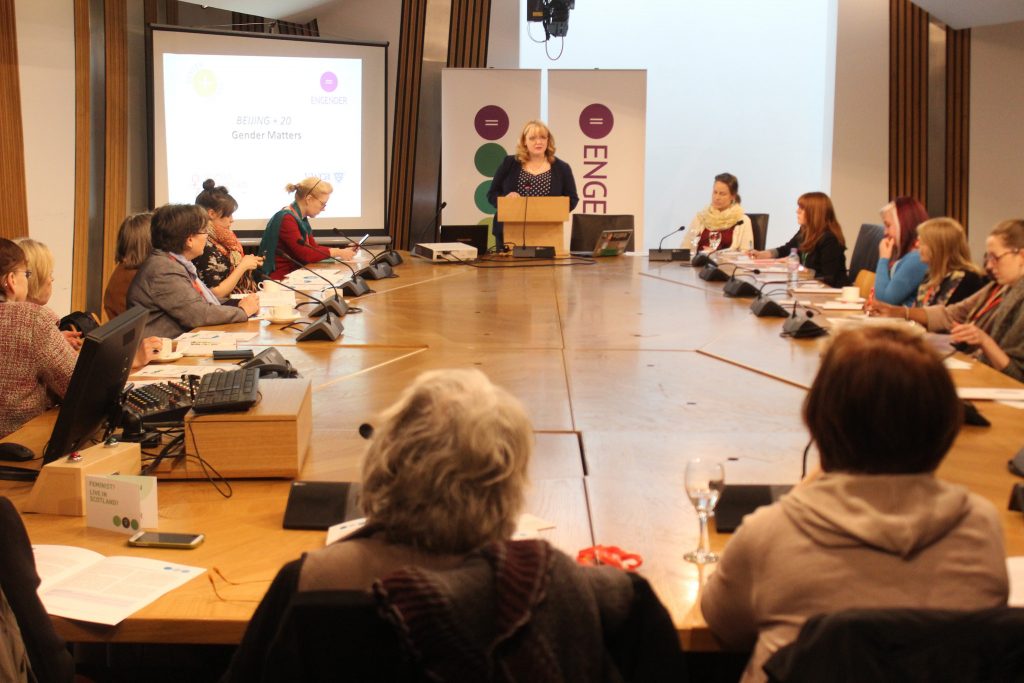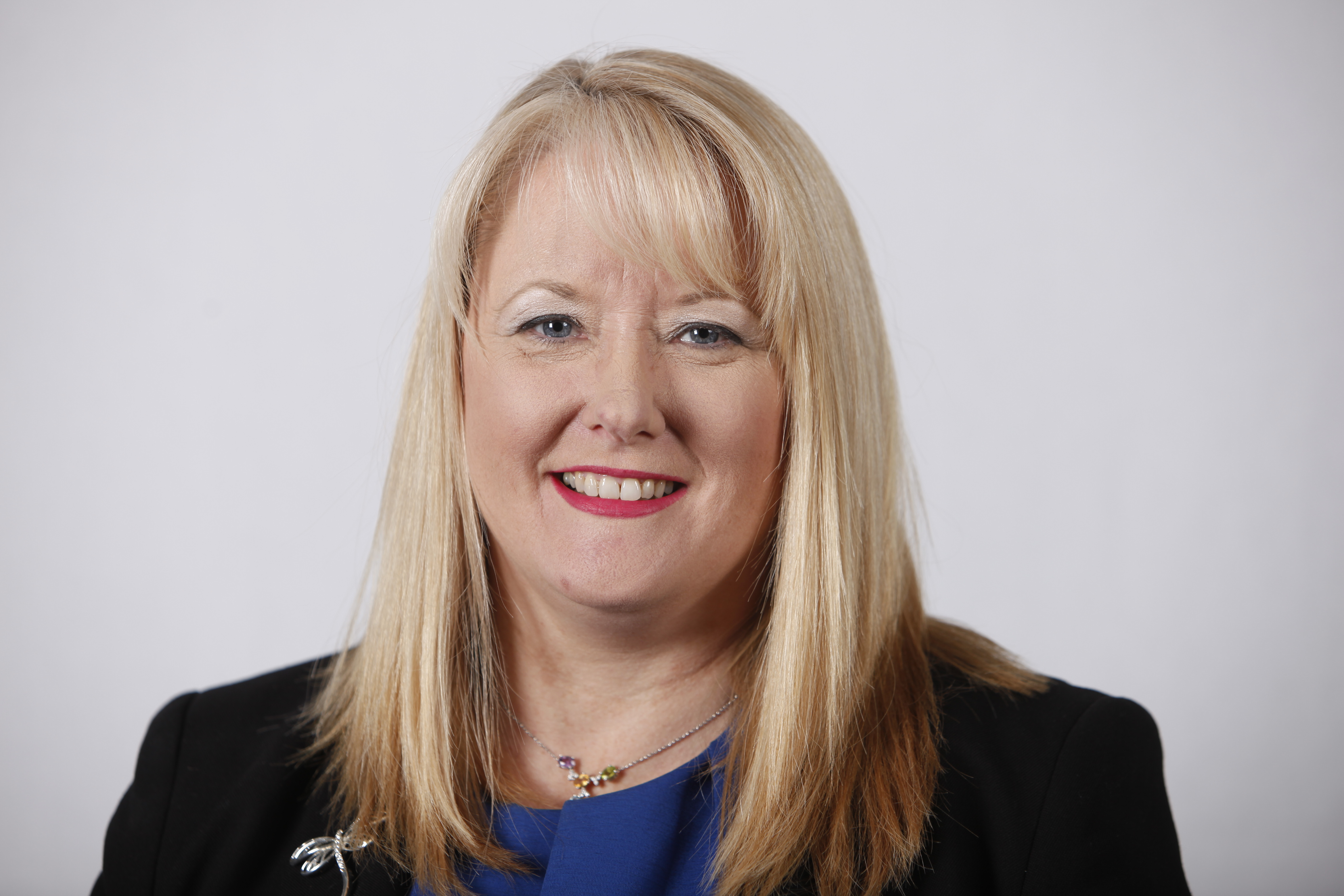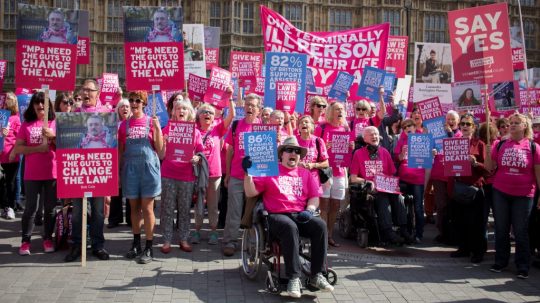Scotland’s Equalities and Human Rights Committee has been in existence for only a year. Already, however, it’s tackling issues as diverse as bullying in schools and the place of women on public boards.
Replacing the long-established Equal Opportunities Committee, the cross-party group considers and reports on equality and human rights issues both within and outside the Parliament. The Committee is chaired by the SNP’s Christina McKelvie who explained the Committee’s role to RightsInfo as a “two-faced” approach.
“After the last election, there was an opportunity to change and refocus, to become the Equalities and Human Rights Committee. We’ve been able to look at the wider aspect of issues and tackle some really frontline concerns, so about prejudice based bullying in schools, and a big piece of work on destitution and insecure asylum.”
‘Parliament’s Always Had a Human Rights Focus’

The Scottish Parliament. Image Credit: Hamish Irvine / Flicker
While the Committee itself may be fairly new, Christina is keen to stress that human rights have long been a part of Scottish life, something she believes was helped by the Scottish Independence Referendum in 2014.
That whole debate was about what kind of country to you want Scotland to be
“The Parliament’s always had a human rights focus,” she adds. “We’re a bit more mindful of it and we don’t have the negative press [surrounding human rights]. With the independence referendum, that whole debate was about what kind of country do you want Scotland to be.”
“There was a big element [of that] in town halls. A guarantor of human rights, a place of safety… The UN Articles were held up as a gold standard.”
 People in Scotland searched more for human rights over the last 12 months. Image Credit: Google Trends
People in Scotland searched more for human rights over the last 12 months. Image Credit: Google Trends
Indeed, both over the last five years and in the last 12 months, searches in Google about human rights have been much higher in Scotland than in either England or Wales. Digging a little bit deeper, Scots are most likely to be searching for terms around the Human Rights Act, the piece of legislation which brings human rights into UK law.
There was a huge spike in searches in May 2015, when David Cameron’s newly elected Government said they’d scrap the protections. It’s unsurprising that people would be searching to find out what’s going to happen to their rights (although as Christina points out, Scotland and its Parliament are covered separately by the Scotland Act 1998).
‘Making Human Rights Relevant to Everyday Life’

Dundee was one of the places which searched its rights the most. Image Credit: Stuart Anthony / Flickr
Over the past year, the Committee’s main aim has been to make rights “relevant to everyday life”.
“It’s not just about talking about human rights as some ethereal thing,” Christina explains. “It’s a bit about using the Committee not just to scrutinise and report but also to influence what could happen if you take a rights-based approach to policy.”
By way of example, Christina points to their work on prejudice-based bullying in schools, which focuses on ensuring schools don’t teach anything that’s discriminatory towards people from an LGBT+ background. As a result, the Government set up a working group, leading to a potential change in the curriculum. “That all came off the report,” she says. “You’ve got all of these impacts and I think the school bullying report was the catalyst.”
A man who didn’t know his neighbours is now the spokesman for the whole commitee
Similarly, looking into access to university to those from lower socio-economic backgrounds led to an investigation into people using British Sign Language (BSL) as their first language. “It wasn’t just about physical access, it was about support and applications,” Christina explains. “We’ve not got universities that will accept BSL as an application.”
“To make rights and equality relevant to everyday life, we’ve looked at rights and housing and spoken to a residents’ association that were able to update their homes using a human rights approach. One of the powerful stories was a man who didn’t even know who his neighbours were and now he’s the spokesperson for the whole committee.”
‘To Change Attitudes You Need to Deal with the Deep-Seated Dark Stuff’
 Image Credit: Engender Scotland / Flickr
Image Credit: Engender Scotland / Flickr
Despite all their good work, Christina says that the Committee and Scotland are “not perfect”. “That’s why we need to keep doing what we’re doing,” she explains. “We’re throwing up some pretty unpalatable stuff but the fact is we’re throwing it up, giving it a shake and saying we need to change this.”
She also stresses the importance of working with other areas of the Parliament such as the health, Europe and education committees.
“There’s very much a cross-fertilisation process going on, a piece of joint working. If you want to change cultures you need to deal with the tough stuff and you need to give positive solutions. If you want to change attitudes you need to deal with some of the deep-seated dark stuff.”







